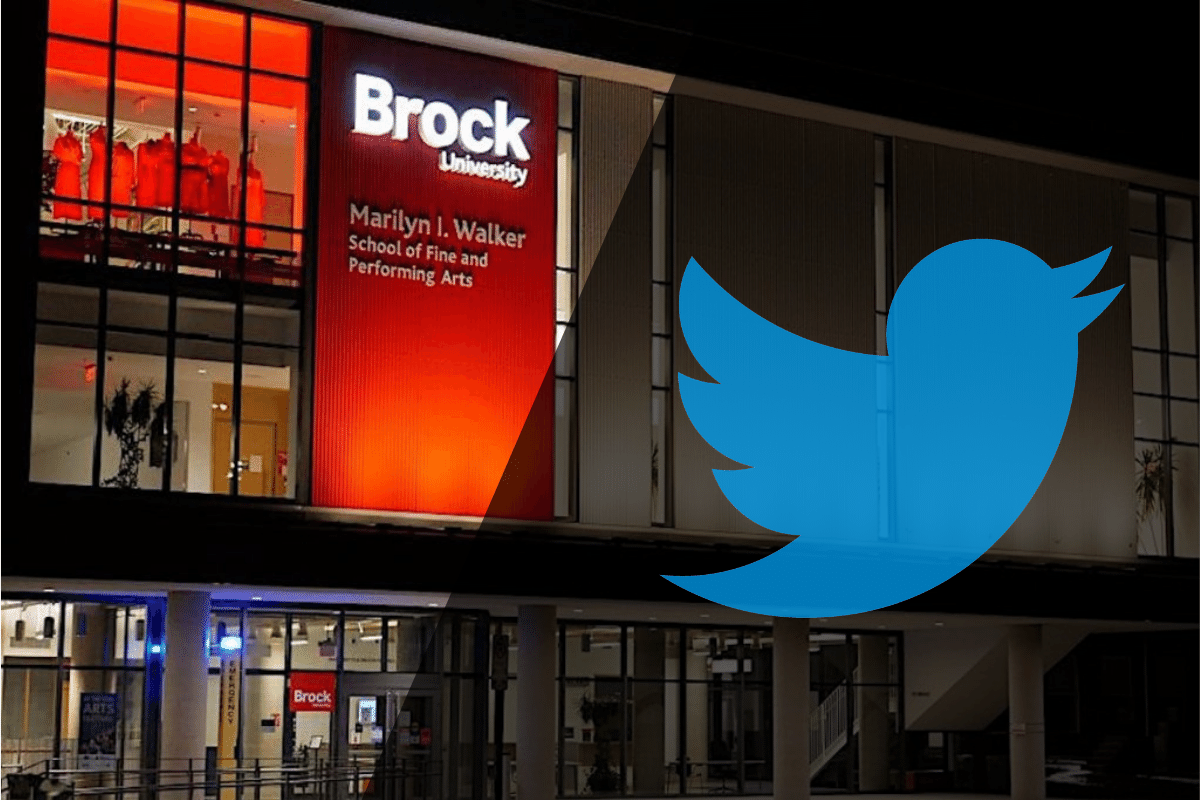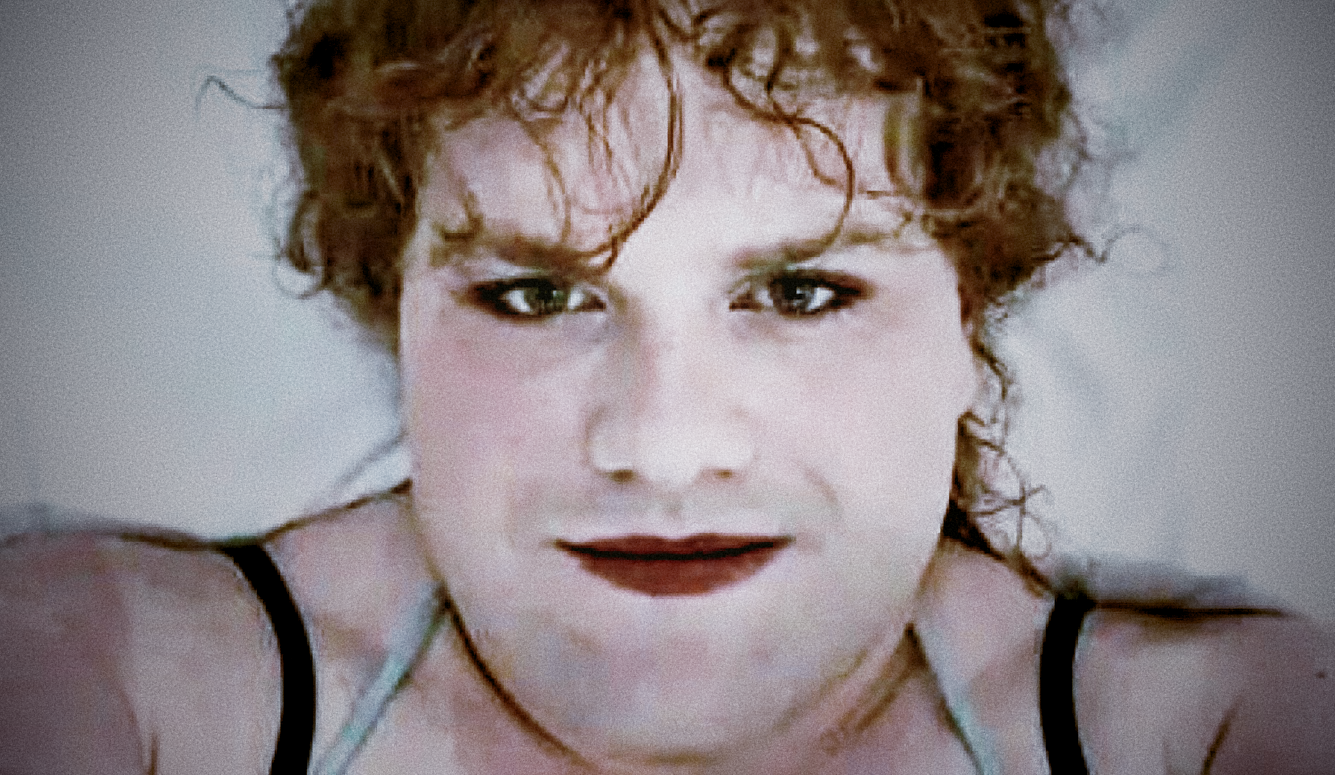Canada
How a Single Anonymous Twitter Account Caused an ‘Indigenized’ Canadian University to Unravel
The main beneficiaries are more likely to be privileged administrators who burnish their bona fides by filling alumni magazines and email blasts with Indigenous photo-ops.

In a recently published Quillette article, Political Science professor Frances Widdowson described the difficulties that Canadian university administrators face when they seek to “Indigenize” their schools. Everyone in academia seems to agree that Indigenization is an urgent task, but the particulars are typically ill-defined.
As Widdowson reports in a newly published book, these efforts at Indigenization (sometimes referred to as “decolonization”) comprise a combination of symbolic gestures, ramped-up affirmative-action programs, mandatory anti-racism courses, and demands that Indigenous folklore be accorded epistemological stature on par with science. At Concordia University in Montreal, for instance, a dozen researchers are collaborating on a project called “Decolonizing Light,” whose aim is to “investigate the reproduction of colonialism in and through physics and higher physics education.” Our scientific understanding of light as constituting electromagnetic radiation perceptible to the human eye, these scholars explain, is the historical product of “a white male dominated field [i.e. physics] disconnected from social life and geopolitical history. [Its] narrative both constitutes and reproduces inequality.”
Widdowson (who isn’t Indigenous) has been criticized for casting doubt on the value of Indigenization. Yet her new book, which she intended as a catalyst for debate about a subject that many scholars are afraid to critique, also contains several essays that support Indigenization initiatives. Moreover, Widdowson’s target has never been Indigenous people or scholarship per se. Since gaining widespread notice in 2008, Widdowson’s critiques have been directed at what she originally called “the Aboriginal industry”—the white lawyers, consultants, academics, activists, and politicians who profit as go-betweens and “allies” in the service of Indigenous groups, with varying degrees of sincerity.





